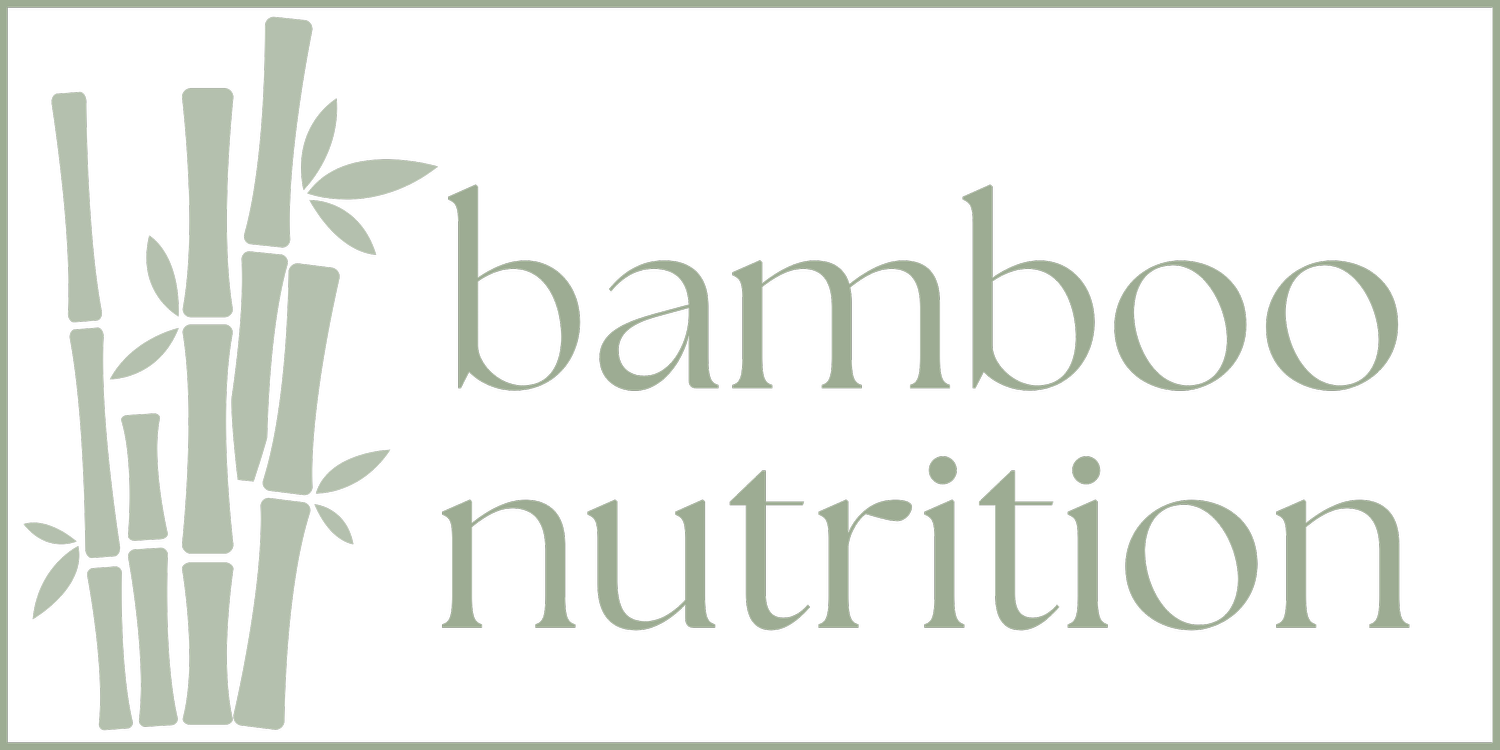At Bamboo Nutrition in Columbia, MO, we work with many forms of feeding and eating disorders.
Do you notice distress at meal times or snack times? Without even realizing it, does food come back up? This is called regurgitation. Rumination Disorder is the regurgitation of food, sometimes multiple times throughout the day.
Common consequences of Rumination Disorder includes acid reflux, or GERD (Gastro-esophageal reflux disorder). Additionally, mealtime distress, avoidance of social situations, weakened esophageal sphincter, Barrett’s Esophagus, and electrolyte imbalances.
Rumination Disorder (RD) is not considered an eating disorder, it is a feeding disorder. However, there is a high prevalence of Rumination Disorder in individuals with an eating disorder (anorexia nervosa, bulimia nervosa, binge eating disorder, OSFED, etc). RD can lead to restriction and/or purging behaviors and therefore an eating disorder may develop.
It is normal to be unsure if you have RD. It may feel very habitual and unnoticeable that you regurgitate food. This is because it happens so commonly that there is not awareness of an urge or anticipation that it is about to happen. It may feel involuntary.
Rumination Disorder cannot be reversed, but it can be avoided and stopped!
How do you treat rumination disorder? Everyone presents differently, there must be an individualized approach. It is recommended to work with a registered dietitian who specializes in feeding and eating disorders and a therapist who also specializes in this field. From there, the first step is to develop awareness and improve nutritional intake and correct other disordered eating behaviors. From there, your dietitian may work with you on diaphragmatic breathing and tools to self-sooth and identify the urge then avoid the behavior.
With consistent work and effort, ideally within 20 sessions or less, rumination will be under control.
Why have the help from a professional if the only treatment is diaphragmatic breathing? It is important to work with a specialized dietitian because they will not only address the rumination behavior, but also other nutritional intake that may be negatively impacted by this disorder as well as other potential eating disorder behaviors such as restriction and purging. A specialized dietitian in this field will help improve your rumination and also improve your relationship with food. A therapeutic approach addresses both of these issues simultaneously.
If you’re experiencing regurgitation of food or the consequences of possible Rumination Disorder, reach out to us today for a consult!

